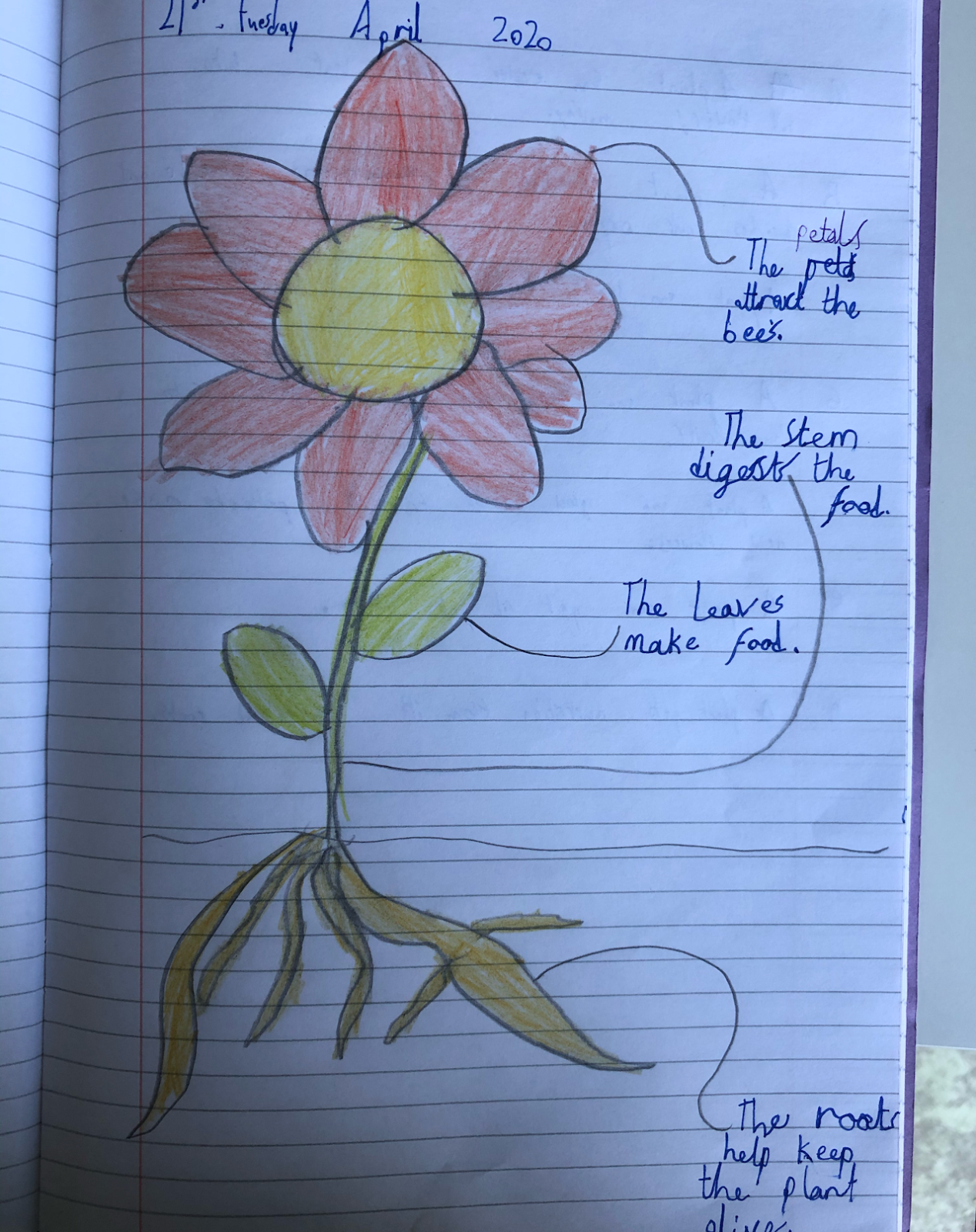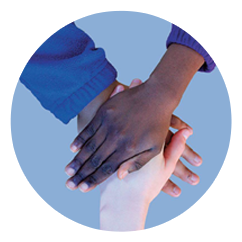Science
Please click HERE to see an overview of what Science is taught in each of the year groups.
Subject Intent
At Whitehill our intent is for children to develop their scientific knowledge and understanding through a science curriculum that evokes curiosity, excitement and understanding about the world around them. We aim to equip our children with the knowledge and skills they need to become super scientists!
the world around them. We aim to equip our children with the knowledge and skills they need to become super scientists!
Aims & Expectations
The 2014 national curriculum for science aims to ensure that all pupils:
- develop scientific knowledge and conceptual understanding through the specific disciplines of biology, chemistry and physics
- develop understanding of the nature, processes and methods of science through different types of science enquiries that help them to answer scientific questions about the world around them
- are equipped with the scientific skills required to understand the uses and implications of science, today and for the future.
The science curriculum at Whitehill is concerned with increasing pupils’ knowledge and understanding of our world, and with developing the skills of working scientifically through enquiry and investigation. Key skills are mapped for each year group and are progressive throughout the school, building on and supporting the children’s previous learning. Subject specific vocabulary is taught and developed as topics are revisited to ensure conceptual understanding in order to be used accurately and precisely. Science is a core subject in the National Curriculum. The school uses the statutory National Curriculum objectives and programmes of study as the basis of its planning. Whitehill Primary School - Science Learning Progression
Whitehill’s medium term science planning is currently based on Switched on Science by Rising Stars as it provides exciting learning for children underpinned by a progressive and sequential framework. Teachers and year groups utilise these units to generate short term plans for their classes. It is at this point that teachers adapt for specific needs within their class; make cross curricular links and tailor learning to specific current interests within their class, local area or further afield including current affairs and media. Science learning supports learning across the curriculum. We actively promote the skills of reading, writing, speaking and listening within science. Science contributes to the teaching of mathematics in a number of ways including estimating and predicting and statistics. Close links are also made with computing, PSHE and DT.
As a core subject it is expected that every class should have a science working wall containing key vocabulary for their topic and investigative language relevant to the year group.
Working scientifically are embedded into lessons throughout the units and throughout their science learning at Whitehill pupils are encouraged to be inquisitive and use the five science enquiry areas:
- observation over time
- fair or comparative tests
- identification and classification
- research
- pattern seeking.
The curriculum is designed to ensure that children are able to acquire key scientific knowledge through practical experiences; using equipment, conducting experiments, building arguments and explaining concepts confidently.
EYFS
We teach science in nursery and reception classes as an integral part of topic work covered during the year. Scientific aspects of the children’s learning are included within the Early Learning Goals (ELGs); science makes a significant contribution to developing a child’s Understanding of the World. However, planning within EYFS however is child centred and an explorative approach built from the child’s own interests. The learning environment, experiences and activities available are designed to encourage this within our children.

Inclusion & Equal Opportunities
Science forms part of the school curriculum intent to provide a broad, balanced and inclusive curriculum that is coherently planned and sequenced to ensure progression of knowledge, skills and understanding across the school. Challenging, thought-provoking and engaging activities are facilitated by the teacher to stimulate the children and build on their prior knowledge.
Through our science teaching, we provide learning opportunities that enable all pupils to make good progress. At Whitehill we recognise that children have a wide range of scientific abilities, and we ensure that we provide suitable learning opportunities for all children by matching the challenge of the task to the individual child. We achieve this in a variety of ways, for example: setting tasks which are open-ended and can have a variety of responses; setting tasks of increasing difficulty and challenge; providing resources of different complexity. Differentiating expectations for the children’s evaluations of the sessions or investigations they take part in.
Resourcing, Health & Safety Considerations
Science resources are stored in the science cupboard (KS2 building), organised into areas of learning.
The safe use of equipment, materials, places and spaces is promoted at all times. Pupils will be taught to use scientific equipment safely when using it during practical activities. Class Teachers and Teaching Assistants will check equipment regularly and report any damage, taking defective equipment out of action. A simple risk assessment will be carried out for practical activities any perceived hazards will be reported to the Head who will determine the appropriateness of said activity.All offsite activities will require the class teacher to perform a risk assessment. It is important that children are taught the rules of safety when undertaking experiments and investigations. Materials and equipment need to be handled sensibly. It is the teacher’s responsibility to make sure that everyone is aware of safety implications connected with any Science activity they are undertaking. CLEAPSS will be contacted by teachers should they have a query concerning health and safety.
Monitoring
Monitoring takes place three times a year, the subject leader performs a ‘deep dive’ involving book looks, teacher questionnaire and pupil voice.


